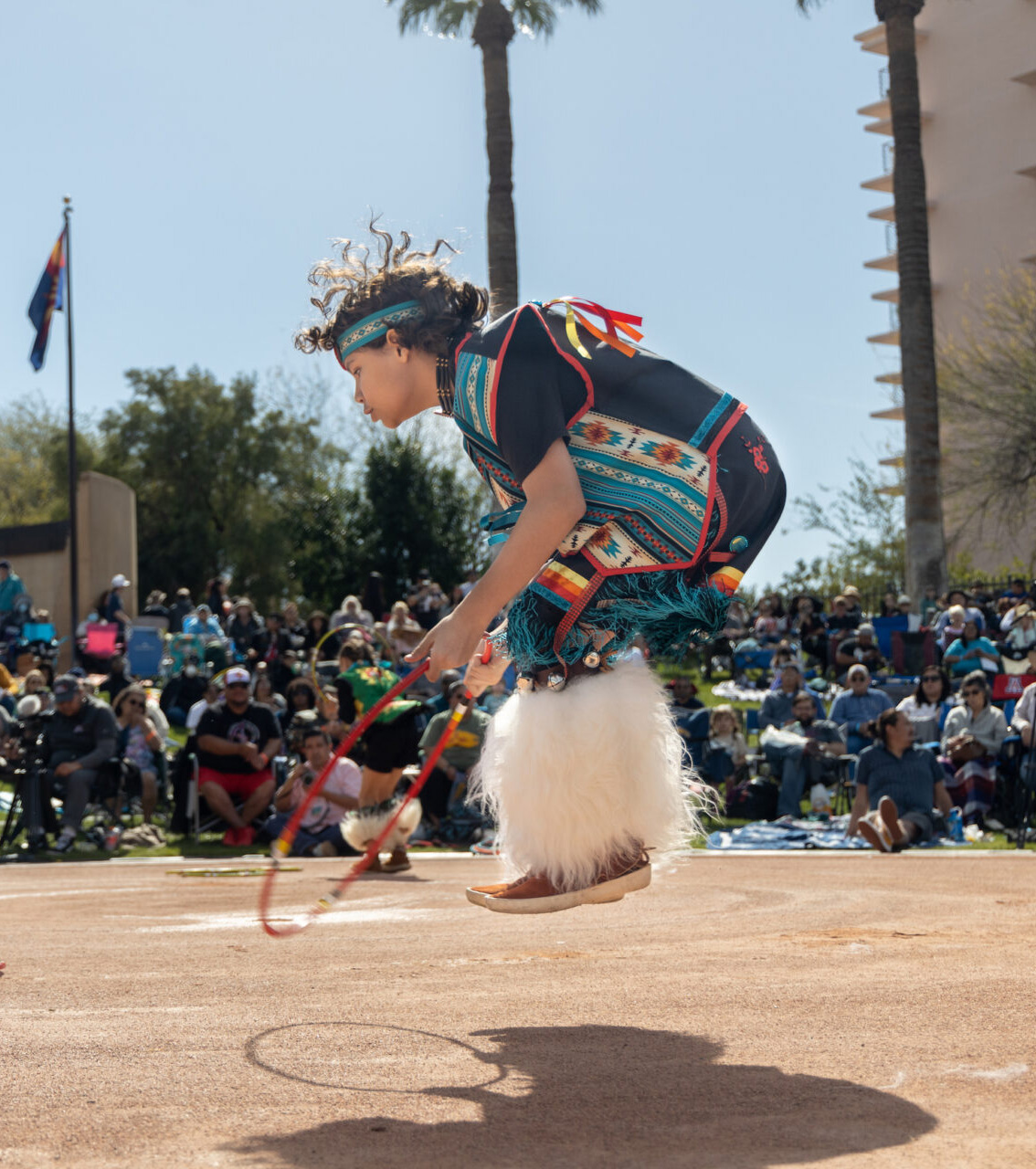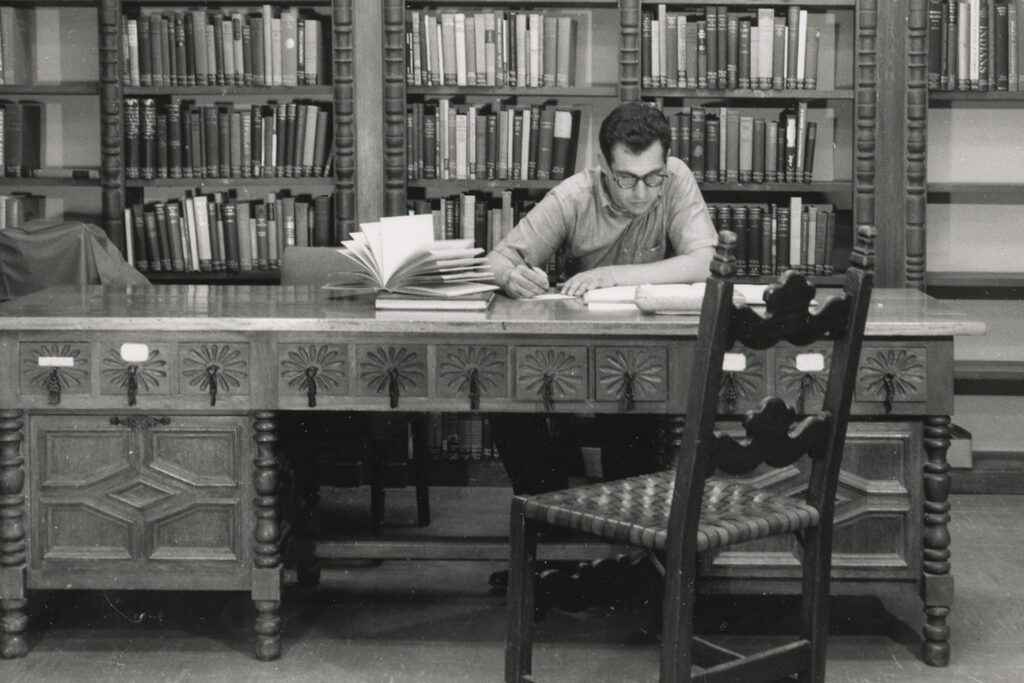
Press
Press
Film/Photography Permissions
Step 1: All photographers and filmmakers must understand and adhere to Museum and copyright regulations to safeguard the museum’s artworks. Download here.
Step 2: To request permission, credentialed media members are kindly asked to fill form and submit a brief description of their project’s purpose.

Press Images

Press Releases

Stories

Heard History
Since its founding by Dwight and Maie Bartlett Heard in 1929, the Heard has grown in size and stature, gaining international acclaim.

General Information
Find details about our hours and location, along with helpful resources like our museum, mobile and family programming.

Exhibitions
See our full list of current and upcoming exhibitions, or get information about past exhibitions.